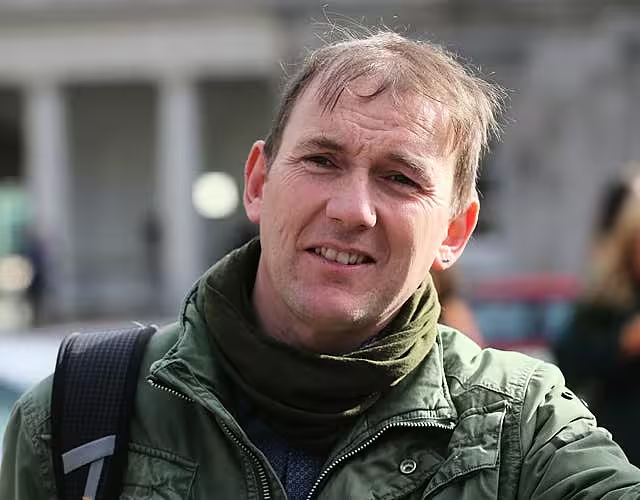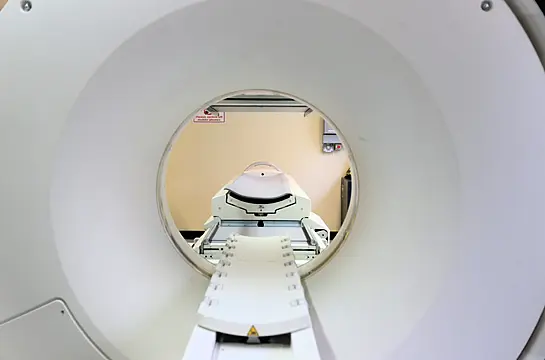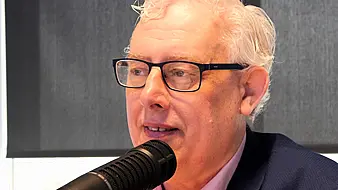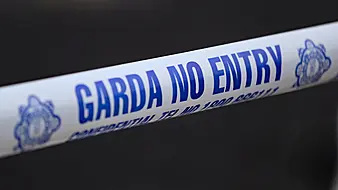The roll-out of a major plan for neurological care has been “dismal” and beset by “false dawns”, an Oireachtas committee has heard.
The Oireachtas Health Committee heard from experts on Wednesday about the impact the Covid-19 pandemic has had on neurological care in Ireland.
The lack of progress made since the launch of the neurorehabilitation strategy was repeatedly raised by Magdalen Rogers, Executive Director of the Neurological Alliance of Ireland, as well as Professor Orla Hardiman, a leading neurologist at Trinity College Dublin.
Ms Rogers urged the committee to investigate the delays in implementing the strategy, telling politicians she was “critically concerned” about the issue.
Executive Director Magdalen Rogers says that the few neurorehabilitation teams that are up and running across the country, make an enormous difference when they work well and effectively. They are a hub for so many services and for keeping people well in the neurology community" pic.twitter.com/UerrBpsEyM
— Neurological Alliance of Ireland (@naiireland) March 30, 2022
She said it had been beset by “false starts” and “false dawns”.
An implementation committee for the strategy, which launched in 2019, did not meet at all last year, Ms Rogers said.
Taking questions from Social Democrats co-leader, Róisín Shortall, Ms Rogers said the HSE and the Department of Health were ultimately responsible for the strategy.
“I would view it as a failure of commitment, as a failure of implementation,” she said.
Ms Shortall said that many groups appear before the health committee looking for strategies yet here was an example of where a strategy had been published, but nothing was implemented.
“Over 90 parliamentary questions have been raised in relation to the #PatientsDeserveBetter campaign and it has been raised on almost twenty occasions under topical issues, commencement matters and other mentions in both the Dail and Seanad.” 👏👏 pic.twitter.com/njHSbWqq4z
— Neurological Alliance of Ireland (@naiireland) March 30, 2022
Ms Rogers said that there had been a “dismal lack of progress, both in terms of putting in place hospital-based inpatient beds, and also in developing community neuro-rehabilitation teams”.
She said: “It’s estimated that we have half of the specialist rehabilitation beds that are needed in the country.”
Two-hundred and thirty beds are needed, she said. “We have half that.”
She also told Sinn Féin health spokesperson, David Cullinane, that despite funding being provided for two, additional, multi-disciplinary community, neurorehabilitation teams in 2019, they have yet to be established.
Sean Crowe, the committee chair, said that the fact the implementation committee did not meet for a year was “extraordinary” and pledged to consider whether the committee could look into the strategy further.

In her opening statement, Ms Rogers told the committee that the pandemic “had a serious impact on access to care and treatment for people with neurological conditions due to the closure and curtailment of services and redeployment of staff”.
“However, in Ireland, this impact was exacerbated by the fact that both neurology and neurorehabilitation services were already significantly overstretched and under resourced pre-pandemic.”
She said that increased staffing for neurological services was urgently needed to cope with a backlog in care.
In a personal contribution to the committee, Sinn Féin TD, Mark Ward, spoke about his experience as a multiple sclerosis patient in Ireland.
“We are approaching an emergency, if we’re not in an emergency situation already,” he said.
Diagnosed with MS 15 years ago, he said that he had waited seven years for confirmation he was suffering from the condition.
“My experience of my treatment within the public system has been scant,” he said.
The TD, who appeared despite not being a member of the health committee, said that he had received four appointments with a neurologist in 15 years.
“My situation in the public services is not unique. It is an indication of the systemic failures,” he told the committee.
He quizzed Prof Hardiman, one of the leading neurology experts in Ireland, on the impact of “long Covid”.
She said that work to create clinics to treat suffers of long Covid is ongoing and that neurological care would be part of it.
Prof Hardiman was also asked by People Before Profit TD, Gino Kenny, about the use of medicinal cannabis in neurological care.
Ireland has a medical cannabis access programme, which is designed for some MS patients, chemotherapy patients and patients with severe epilepsy.
Mr Kenny said that some patients were still finding it difficult to access medicinal cannabis.
Prof Hardiman said that there was a “clearly a very strong evidence base” for using medical cannabis products to treat certain kinds of epilepsy, as well as playing a role in other conditions.
But she indicated that the delay in fully providing medical cannabis to patients was “procedural”.
She said: “It’s not an issue about the reluctance of colleagues to prescribe, nor is it an issue of a reluctance in the HSE to permit.
“It’s an issue of ensuring that the best price is available to the Irish exchequer and the process of establishing that is currently underway.”







